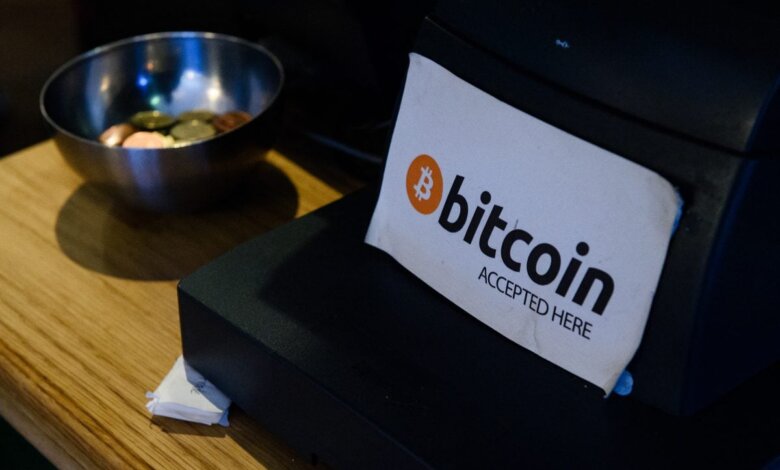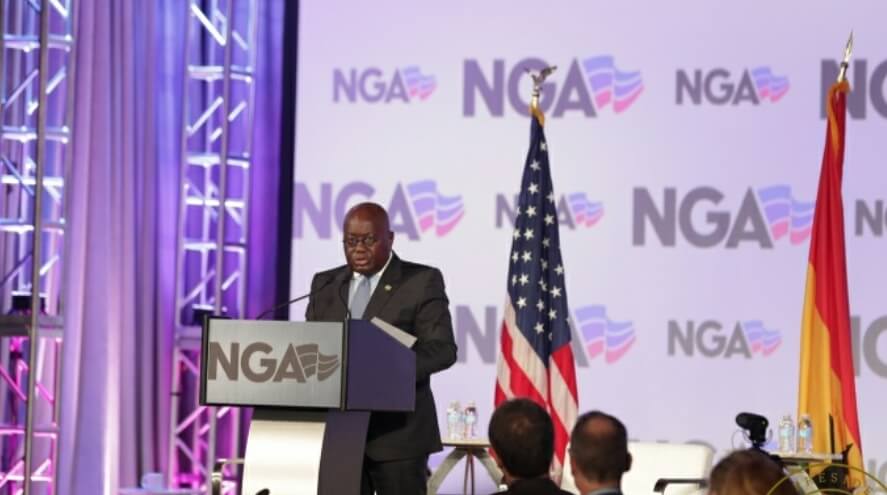
Kenya and Ghana have become the latest African nations to advance policies aimed at tightening oversight of the fast-growing cryptocurrency sector, as governments across the continent grapple with a technology now used by more than 43 million Africans.
Supporters of regulation argue that oversight will improve consumer safety and broaden financial inclusion. In Kenya, where roughly seven million people remain unbanked, blockchain-based tools are often viewed as a route to faster, cheaper and more accessible financial services.
Sam Kim, co-founder of Nairobi blockchain startup GoChapaa, believes the shift will encourage more users to enter the market. “Many Kenyans have treated crypto with caution because the sector felt unregulated and vulnerable to scams,” he said. “Licensing and oversight will create a safer environment and boost confidence.”
Accra-based fintech analyst Awura Abena Amponsah says Ghana is seeing a similar transformation. Digital assets, she notes, “have moved from the margins to the center of everyday transactions and remittances,” and better rules will raise customer service and security standards.
Kenya triggered the latest push in October when lawmakers passed the Virtual Asset Service Providers (VASP) Bill; the country’s first full legal framework for digital assets. The legislation assigns the Central Bank of Kenya authority over licensing stablecoins and other virtual assets, while the Capital Markets Authority now regulates exchanges and trading platforms.
Sam Kim says the scale of crypto use in Kenya left policymakers little choice. More than six million Kenyans, nearly 10% of the population, are already engaged in digital assets, with stablecoins becoming increasingly popular as a proxy for the US dollar to ease cross-border trade and shield savings from inflation.
Shortly after Kenya’s bill passed, the Bank of Ghana released a draft policy document outlining how it plans to govern the sector. A final regulatory framework is expected by December.
Under the proposal, the central bank will supervise payments and custody services, while the Securities and Exchange Commission will cover investment and trading activities. A new agency, the Virtual Assets Regulatory Office, will support both institutions and coordinate oversight.
The Bank of Ghana argued in its paper that virtual assets can “no longer remain outside the country’s regulatory reach,” pointing to a rapidly expanding user base that now exceeds three million people.
The push to define rules is also tied to revenue needs. Kenya and Ghana face chronically low tax-to-GDP ratios of 16.8% and 14% respectively, constraining public spending.
Sanjeev Gupta of the Centre for Global Development has warned that unregulated crypto markets could further narrow tax bases. Regulation, analysts say, enables authorities to identify taxable activities, such as capital gains, custody fees, and cross-border transfers.
Awura Abena Amponsah explains that categorizing and licensing virtual asset service providers “creates the preconditions for taxation. Once officials understand transaction flows, it becomes possible to capture revenue that previously slipped through the cracks.”
Despite optimism, analysts caution that risks remain. Unmanaged crypto flows could weaken the cedi and strain Ghana’s banking sector. Poor enforcement could also expose users to scams, volatility or predatory actors. However, if well-regulated, the industry can fuel long-term financial transformation.
Written by Oral Ofori
Oral Ofori is Founder and Publisher at www.TheAfricanDream.net, a digital storyteller and producer, and also an information and research consultant.




